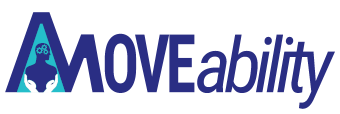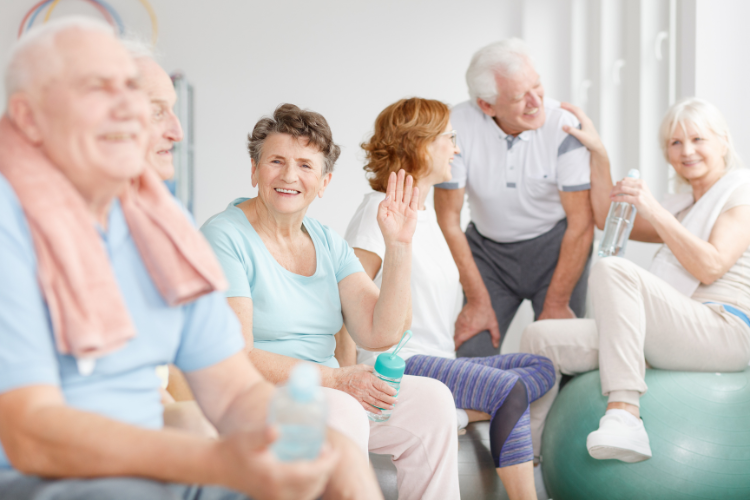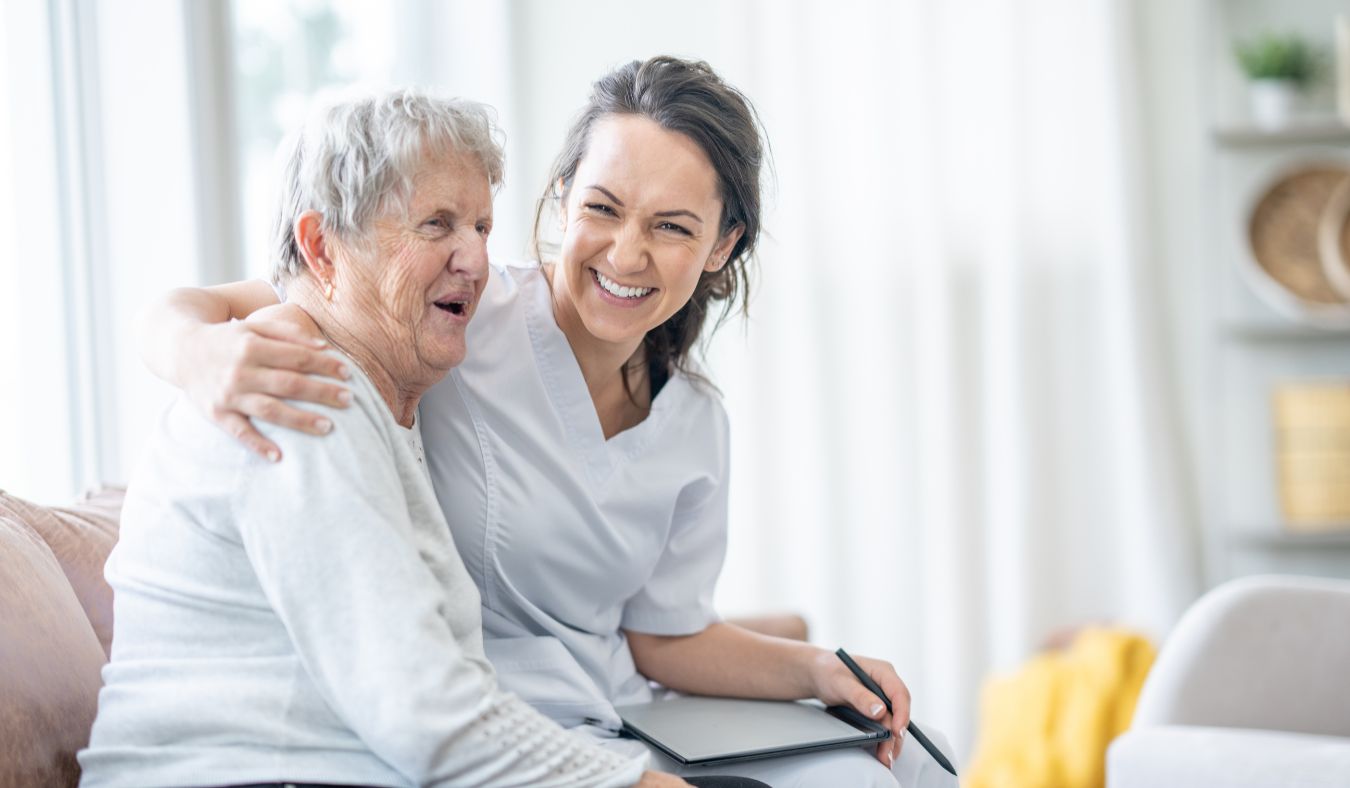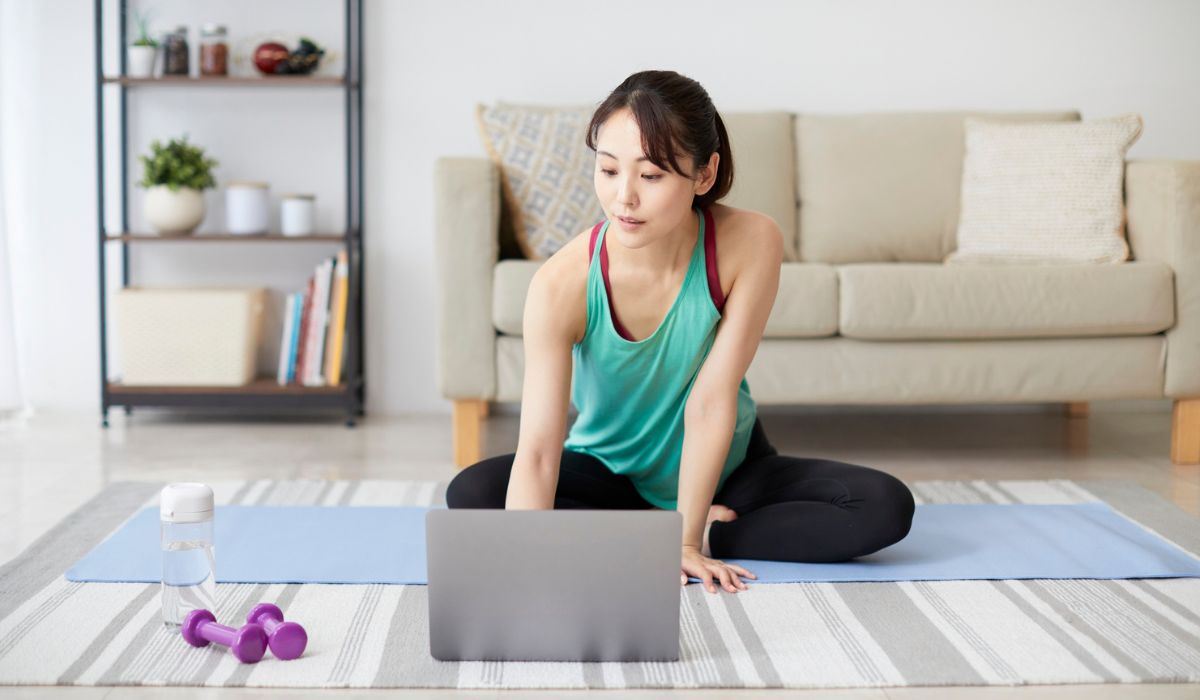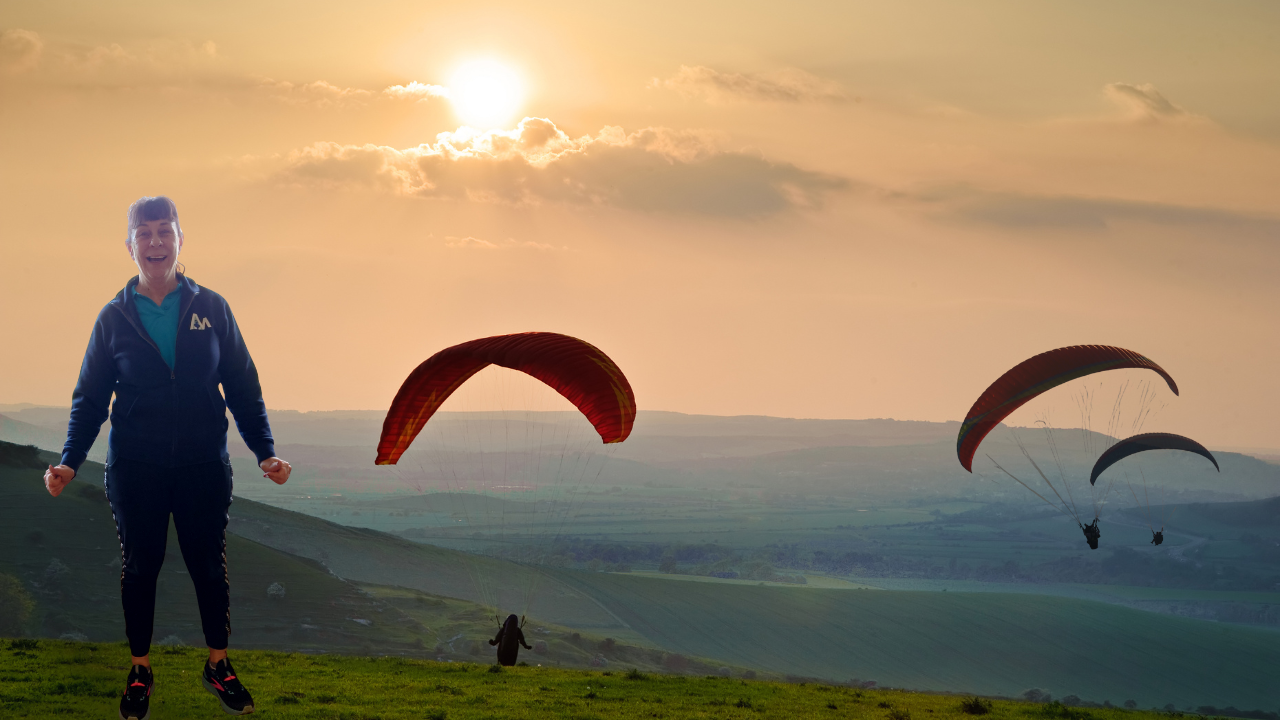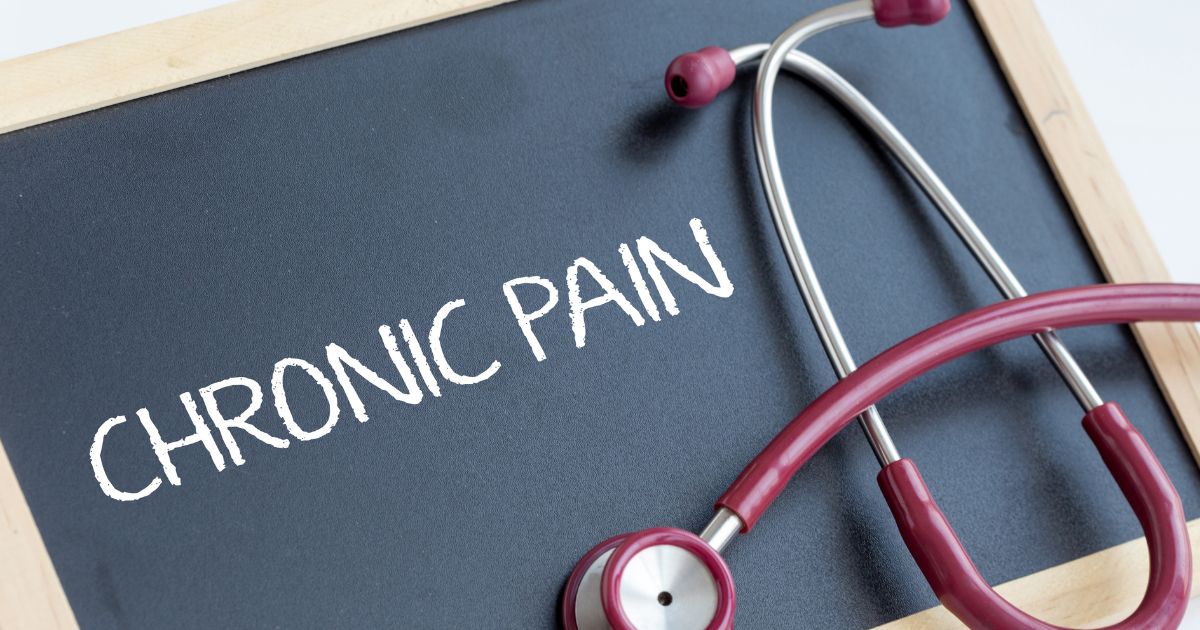We are living longer and, in many cases, far away from close family. As such, we often only have ourselves to rely on to do everything from hoovering the house and doing the weekly shopping to reading the gas and electricity meters. And a growing number are doing it well into their eighties or nineties.
Not an issue for young bones and joints. But what about older ones?
According to Statista, as of 2022, over 6 million people over the age of 65 are living alone, and this will only grow as more of us live longer and dispersed families continue to be the norm. Not only that, but older people living alone are 50% more likely to visit A&E. They are also at increased risk of being admitted to hospital as an inpatient.
Less taken for granted – why even gentle exercise can help
When you’re young, you don’t think twice about bending or kneeling down, but as we get older, it’s a different picture. You can no longer take it for granted that even if you manage to get down, you will be able to get up again! And when we begin to struggle, our self-confidence can take a massive hit. Once you start losing confidence, it can result in a downward spiral that can impact so many areas of your life. For some, it can even go as far as anxiety about leaving the house.
Even gentle exercise can make a huge difference in maintaining bone and muscle strength, enabling us to continue doing all the things we’ve come to take for granted and retain that all-important confidence in ourselves and our abilities.
We are living longer, but our quality of life does not necessarily correlate with the quantity.
Exercise can change that!
How exercise can help generally
Firstly, it is safe to exercise as you age, even if you have a chronic health condition – although please seek advice from your doctor first. Having said that, many health professionals will recommend it. In fact, our oldest regulars are in their 90s, some with chronic health conditions and had our classes recommended to them by their GPs or Social Prescribers.
The movement and resistance training that you do inherently each time you exercise, even gently, helps increase strength, flexibility and bone density, as well as improve cardiovascular health and cognitive function, which in turn helps you:
Stay independent – as explained above, it helps you continue to do many of the day-to-day activities we take for granted. It also helps prevent falls which can often put an end to independent living.
Reduce anxiety and depression – seeing how you can do more can be a real confidence booster, which in turn can reduce anxiety as you prove to yourself that you can do it without causing harm to yourself. Having the confidence to do more can also help to tackle depression. Getting out for a walk or having a cuppa with a friend can do wonders, boosting those all-important endorphins – exercise has many cognitive benefits.
Maintain hobbies – improved bone and muscle strength can result in greater balance and dexterity. The cardiovascular benefits of exercise can improve physical and mental stamina. These all contribute to helping you stay active and maintain the hobbies you love, which will boost your confidence and self-esteem, switching any downward spiral to an upward one.
The NHS recommends older adults do some kind of physical activity every day.
How MOVEability classes can help
Even if you don’t live alone, exercise can help you remain self-reliant for longer for all the above reasons. Then, of course, there are the social benefits of our classes.
In fact, many of our regulars come for the chance to socialise as much as for exercise. Our classes have even been described as a ‘social gathering with purpose’.
We provide a listening ear, but what we have found especially heartening is witnessing our regulars ‘counselling’ and supporting one another. You cannot underestimate the value of the camaraderie and the sense of belonging that comes from attending classes such as ours.
It goes hand in hand with the physical health benefits of regular exercise.


Forming bonds
Group exercise is bonding. Social circles can shrink for many reasons as we age, sometimes as a result of a chronic illness, or having your self-esteem knocked due to decreased mobility.
Knowing you have a class full of friendly, welcoming people that you can attend each week can give you a renewed sense of purpose. Giving you a feeling of belonging.
We believe it is why our classes are popular in care homes like this one:
Try a class
If you have not yet attended one of our classes, why not come along and try your first class for FREE. Email me, Debbie, at info@moveability.org.uk give me a call on 0330 133 1488 for details of our classes and book your free session. Or simply check out our upcoming classes page.
And, of course not forgetting our loyal regulars, remember you can claim a FREE class for recommending a friend.
Please do share this with anyone you know who would benefit.
If you are a care home or village hall manager and want to find out more about MOVEability and our classes, please get in touch, I am always happy to help.
Help us to keep doing what we do – visit our crowdfunding page.
